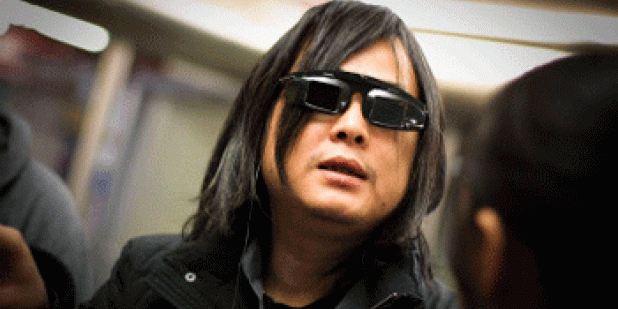Join us for a free one-day workshop for educators at the Japanese American National Museum, hosted by the USC U.S.-China Institute and the National Consortium for Teaching about Asia. This workshop will include a guided tour of the beloved exhibition Common Ground: The Heart of Community, slated to close permanently in January 2025. Following the tour, learn strategies for engaging students in the primary source artifacts, images, and documents found in JANM’s vast collection and discover classroom-ready resources to support teaching and learning about the Japanese American experience.
Multiple Encounters: Yang Fudong
An exhibition of works by Yang Fudong who juxtaposes the video work with the Chinese classical tradition
Where

Multiple encounters puts the video work of Yang Fudong in direct dialogue with historical Chinese paintings, a juxtaposition that raises questions about how we view both Yang’s work and classical art. Connecting the fifteenth century to the twenty-first, this exhibition suggests that some of the magical qualities of Yang’s work may be inherited from the Chinese classical tradition.
Ten classical paintings, in traditional formats, are displayed together with Yang’s seven-minute single-channel video The Half Hitching Post (2005). The video tells the story of two young men moving to an isolated village at the same time a young couple struggles to escape it. The journey takes place on the Loess Plateau in northern China, where the grandeur and timelessness of the landscape recall images from classical paintings. (Yang first studied painting at the China Academy of Fine Arts in Hangzhou before switching to photography and film.)
Yang’s cinematic aesthetics, presenting a multiplicity of views by constructing numerous narratives, intriguingly echo the multipoint perspectives of classical painting. For example, Wen Zhengming’s sixteeth-century Landscape with Figures depicts mountains with several paths that provide ways for the figures in the painting to meet at some future point.
This fresh encounter between antique works and contemporary moving images challenges us to consider how artists today are influenced by the past.
November 6, 2013 – February 2, 2014 every Sunday, Wednesday, Thursday, Friday & Saturday
Ticket info: Buy tickets by calling 510-642-0808, or by emailing bampfapress@berkeley.edu.
Featured Articles
Please join us for the Grad Mixer! Hosted by USC Annenberg Office of International Affairs, Enjoy food, drink and conversation with fellow students across USC Annenberg. Graduate students from any field are welcome to join, so it is a great opportunity to meet fellow students with IR/foreign policy-related research topics and interests.
RSVP link: https://forms.gle/1zer188RE9dCS6Ho6
Events
Hosted by USC Annenberg Office of International Affairs, enjoy food, drink and conversation with fellow international students.
Join us for an in-person conversation on Thursday, November 7th at 4pm with author David M. Lampton as he discusses his new book, Living U.S.-China Relations: From Cold War to Cold War. The book examines the history of U.S.-China relations across eight U.S. presidential administrations.




